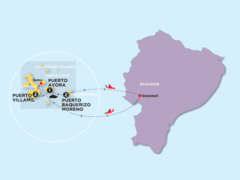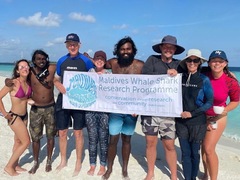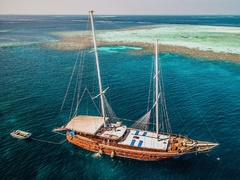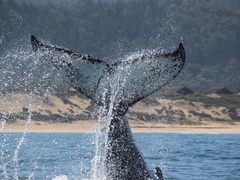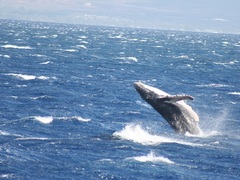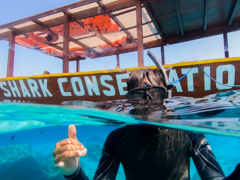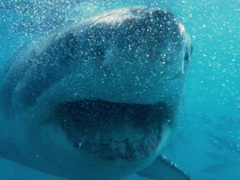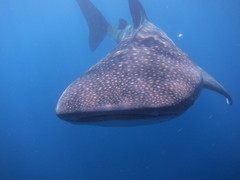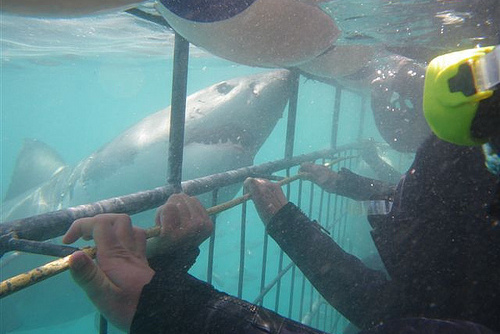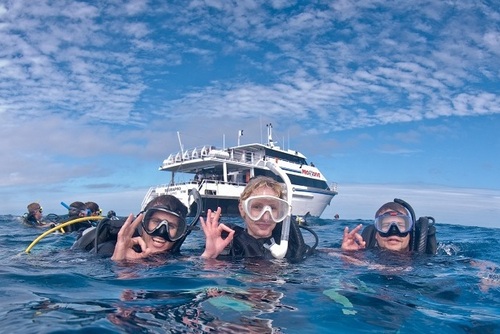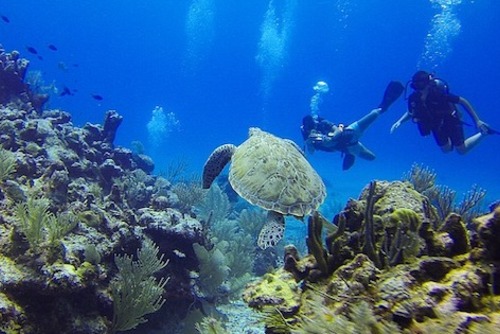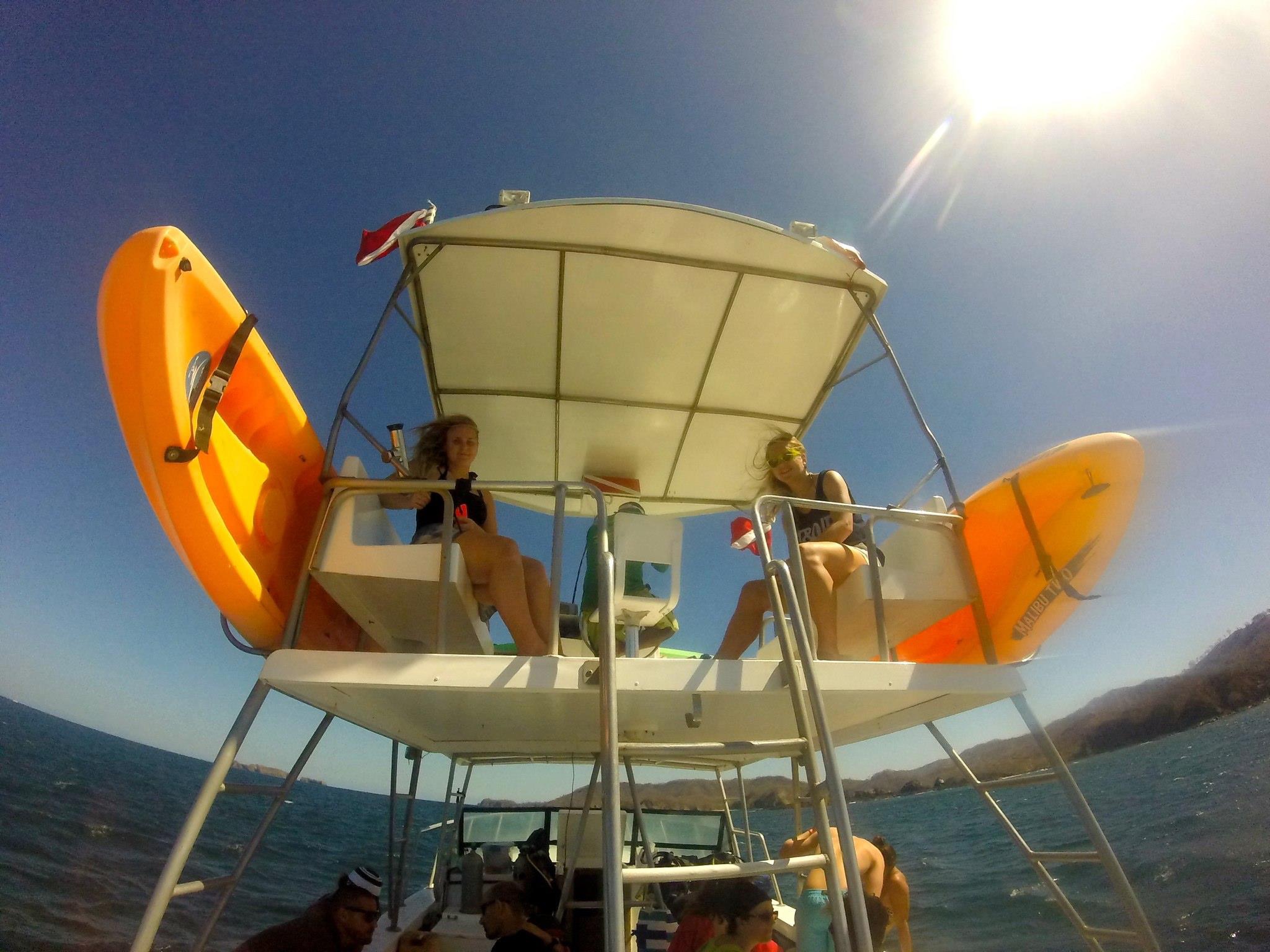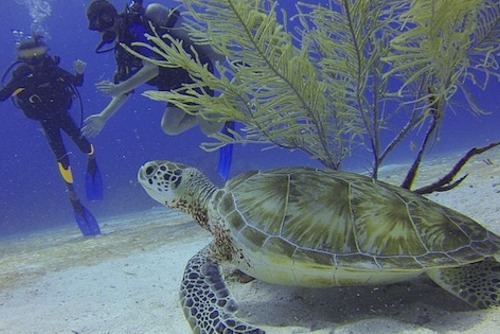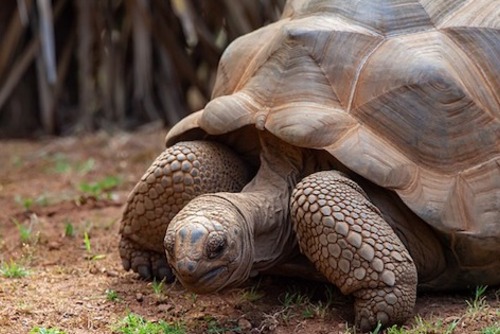This area is known as a hotspot for the Great White Shark and the best place in the world to see and dive with these iconic creatures in their natural environment.
Sister company Dyer Island Cruises is a boat based Eco-Marine Tourism Company, allowing visitors an unforgettable experience to see the Marine Big Five - whales, dolphins, seals, penguins and sharks, as well as many species of rare pelagic birds that reside close to the shore.
Marine conservation has historically been grossly neglected and this vacuum in the scientific arena necessitates new, exciting and ongoing research projects to find out more about our precious marine species and the ecosystems in which they live. And this is exactly what we do!
Every trip on either our shark cage diving or whale watching boat is an awesome adventure and an exciting crash-course in marine biology, educating you about the trends, traits and troubles of the endangered Great White Shark and our other amazing marine species, as well as the ecosystem!
Company Background
Founder and owner of both Marine Dynamics and Dyer Island Cruises, Wilfred Chivell, is a committed marine conservationist. He has lived in the area since childhood and is happiest out on the ocean. He is a well-known wreck diver and spear fisherman of note, and because of this, he is well aware of the subtle changes affecting the oceans of South Africa.
Wilfred works closely with a number of conservation bodies to address conservation challenges and improve living conditions for the local communities and the wildlife. To further efforts he has been instrumental in establishing the following projects:
- The Dyer Island Conservation Trust
- Marine Anti-Litter Campaign
- WWF - Southern African Sustainable Seafood Initiative (SASSI)
- Faces Of Need
What We Do
Marine Dynamics is a company, which specialises in Great White Shark diving excursions. The shark diving side of our company was founded in the late 90’s by white shark pioneer André Hartman, who was one of the first persons to ever free dive with White Sharks and he has appeared in numerous international documentaries.
Wilfred Chivell, a pioneer in marine conservation, bought Marine Dynamics Tours in 2005 and turned it into a private company, following the success of Dyer Island Cruises – the first whale watching business in the Dyer Island region - which he started in 2000.
Both Marine Dynamics and Dyer Island Cruises are BEE Level 1 companies and boast Fair Trade in Tourism certification and are heavily involved in a number of marine research, conservation and education projects covering the Great White Shark, whales, seals, dolphins, penguins and other marine bird species.
The Dyer Island Conservation Trust was established in 2006 to manage these and other projects. We feel that the White Shark and its environment have to be protected as a whole.
Expert Team
Marine Dynamics is made up of a team of shark enthusiasts, including five marine biologists and a knowledgeable skipper who constantly strive to place shark conservation and education foremost. This is done through educating clients on a daily basis, by conducting research and by maintaining structured marine education and development projects.
Data Collection
We collect data on the Great White Sharks and their environment on a daily basis. This data is for our own research and is forwarded to the Department Marine and Coastal Management. Currently, this work involves sexing, sizing and recording markings on Great White Sharks, and recording environmental parameters.
Some of the recordings are made directly from our custom built shark boat Slashfin, while other recordings are conducted from our whale watching boat Whale Whisperer, thus allowing us to obtain very important data. Biologists on board take hundreds of photographs every day adding to our database of identifying individuals. Marine Dynamics has been instrumental in building a database of thousands of photographs of shark dorsal fin ID that contributed to the first regional population estimate of the great white shark in Gansbaai produced by the Dyer Island Conservation Trust.
Sharks returning to the bay can be successfully identified and a pattern of behaviour determined. Being on the shark boat daily, an amazing opportunity was also provided to witness the wound healing capability of a Great White, while the current Faces of Need Shark project involves acoustically tagging the Great White and manually following their movements in the shallows of Gansbaai during the summer months. Another study involves the parasites found on sharks and the effect on their health.
Why?
There is much controversy surrounding shark cage diving and little is known about the effects of this industry on the sharks and their environment. Thus, the data collection is of great importance.
Some of the conservation and education projects involve schools and volunteers; some are ongoing and with the schools in particular, we have to work in and around their schedules and vacations. We involve volunteers from across the Globe in the different aspects of this work.
Schools and volunteers are particularly involved with projects concerning the conservation of the African Penguins on Dyer Island and the Marine Anti-Litter campaign, which includes beach clean-ups. With the penguin project, we actually go onto the very restricted Dyer Island to establish penguin nests.
To date over 800 nests have been placed on Dyer Island and are monitored by a researcher, as to their affect on the breeding success.
Objectives
Shark populations worldwide are increasingly threatened, and in scientific circles, there is still much research needed to fully understand and interpret shark behaviour and movement patterns.
Shark education features as a prominent part of our activities. It is only by getting to know these complex creatures more intimately, that we will understand the impact of their current continuing decline. Therefore, education plays a pivotal role in our shark cage diving excursions.
A trip on the Slashfin will allow you to see these graceful and majestic creatures in their natural environment, both from the boat and from a cage. You will learn about coastal ecosystems in the region, and about what work is going on to help preserve them. Each link of the chain needs to be supported in order to ensure ocean sustainability!


